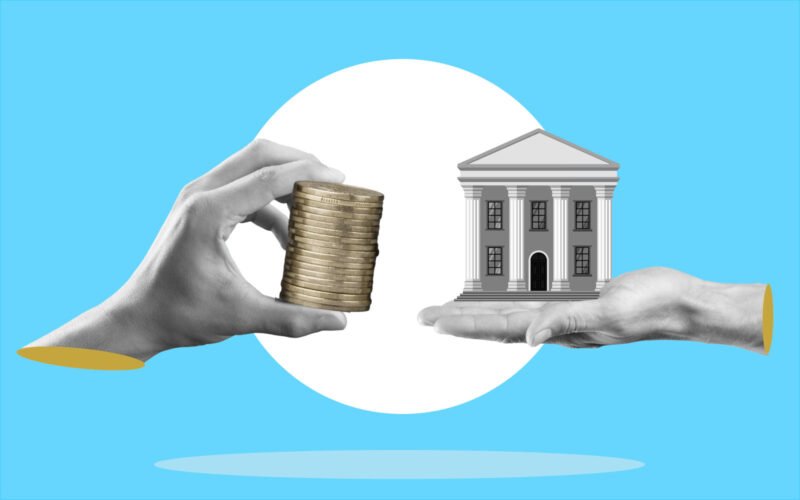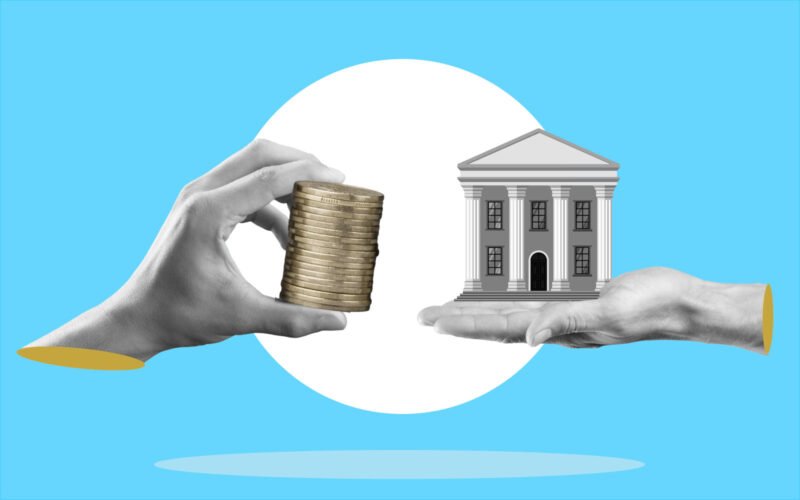How Can I Pay Off My Loan Faster?
Pay Off My Loan Faster Paying off your loan faster not only brings peace of mind but also helps you save money on interest and regain financial control. Whether it’s a student loan, car loan, personal loan, or mortgage, this comprehensive guide outlines smart strategies to accelerate your loan repayment journey.
Pay Off My Loan Faster Understanding Your Loan Terms

Know Your Interest Rate
Understanding how much interest you are paying over time is crucial. A higher rate means more interest, so strategies like refinancing or paying extra principal early can help cut this cost.
Loan Tenure and Amortization Schedule
Your loan tenure affects your monthly payments and total interest. Use an amortization schedule to track how much of your payments go toward principal versus interest over time.
Top Strategies to Pay Off Your Loan Faster
1. Make Extra Payments
The simplest and most effective way to pay off your loan faster is to pay more than the minimum.
How to Do It:
- Round up your monthly payment.
- Make bi-weekly payments instead of monthly.
- Add windfalls like tax refunds or bonuses.
2. Pay More Frequently
Switching to bi-weekly payments results in 26 half payments per year (or 13 full ones) rather than 12, speeding up your payoff timeline.
3. Refinance to a Lower Interest Rate
Refinancing your loan to a lower interest rate can drastically reduce the total amount paid over time, particularly for large loans like mortgages or student loans.
4. Use the Debt Snowball or Avalanche Method
These methods structure your repayments for maximum efficiency.
Debt Snowball:
- Pay off the smallest balance first.
- Gain psychological momentum.
Debt Avalanche:
- Pay off the loan with the highest interest rate first.
- Save more on interest in the long run.
Budgeting for Faster Repayment
1. Create a Dedicated Loan Repayment Budget
Track your monthly income and expenses. Allocate a specific portion of your budget solely for debt repayment.
2. Cut Back on Discretionary Spending
Limit non-essential purchases and divert those savings toward your loan.
3. Automate Your Payments
Set up automatic payments to avoid late fees and maintain consistent progress.
Increase Your Income
1. Take on a Side Hustle
Freelancing, online gigs, or part-time jobs can generate extra income for debt repayment.
2. Sell Unused Items
Declutter your home and sell unused items online to raise cash.
3. Ask for a Raise or Work Overtime
More income from your main job can also be applied directly to your loan.
Use Windfalls Wisely
1. Apply Tax Refunds Toward Loans
Instead of spending tax refunds, use them as lump-sum payments.
2. Bonus and Commission
Apply work-related bonuses to make principal-only payments.
Avoid Accumulating New Debt
1. Don’t Take on Additional Loans
Avoid credit card debt or new loans while repaying existing ones.
2. Build an Emergency Fund
Having a cash cushion prevents you from relying on credit during financial surprises.
Benefits of Paying Off a Loan Early

1. Save Money on Interest
Early payoff can significantly reduce the interest you pay over the life of the loan.
2. Improve Credit Score
Timely and early payments improve your debt-to-income ratio and payment history.
3. Reduce Financial Stress
Being debt-free boosts mental health and allows for greater financial freedom.
Loan Payoff Example
Let’s say you have a personal loan of ₹5,00,000 at 12% interest for 5 years. Your EMI is ₹11,122. If you add ₹2,000 per month toward principal, you’ll finish about a year early and save over ₹35,000 in interest.
Mistakes to Avoid When Paying Off Loans Early
1. Ignoring Prepayment Penalties
Check if your lender charges fees for early repayment. Negotiate or consider whether the savings outweigh the penalties.
2. Forgetting to Specify ‘Principal Only’
When making extra payments, always specify that the extra amount should go toward the principal.
3. Not Reassessing Your Budget
As your financial situation changes, update your repayment plan accordingly.
Tools to Help You Stay on Track

1. Online Loan Calculators
Use tools to simulate payoff timelines based on different payment amounts.
2. Mobile Budgeting Apps
Apps like Mint or YNAB can help manage your budget and track debt payoff.
Also Read : 5 Common Loan Myths Debunked
Conclusion
Paying off your loan faster requires a blend of discipline, strategy, and financial literacy. Whether you’re increasing your payments, refinancing, or picking up extra income, every step you take brings you closer to financial freedom. By avoiding new debts, budgeting smartly, and making informed choices, you’ll gain not only savings but peace of mind.
Frequently Asked Questions (FAQs)
Q1: Will paying off my loan early hurt my credit score?
Not typically. It may temporarily reduce your credit mix but improves your payment history and debt-to-income ratio.
Q2: Should I save or pay off my loan first?
Ideally, build a small emergency fund, then focus on high-interest debt before long-term savings.
Q3: What loans should I pay off first?
Start with high-interest loans or those with the smallest balance depending on your strategy (avalanche or snowball).
Q4: How much extra should I pay monthly to see a difference?
Even small amounts—₹1,000 to ₹2,000 per month—can shave months off your loan.
Q5: Can I negotiate better loan terms?
Yes. You can refinance or request better terms based on your payment history or credit score.
Q6: What if my lender doesn’t allow early repayment?
Read the fine print. If restricted, consider refinancing with a lender who allows it.
Q7: How often should I review my loan repayment plan?
Quarterly reviews are ideal to assess progress and adjust to any financial changes.
